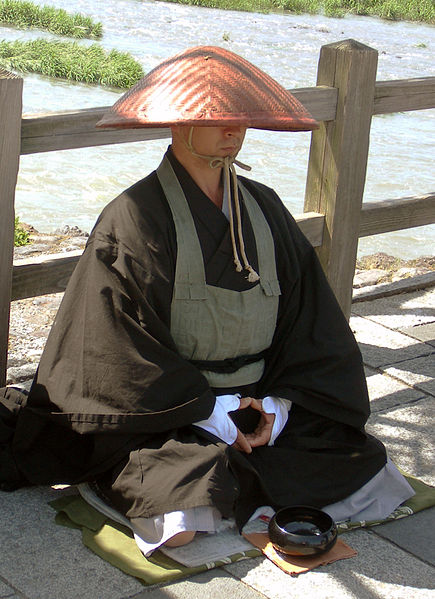
We all know Islam, Judaism, and Christianity are all very complex religions, but when compared on beliefs, their supreme being and how the religion all began, these three collasal beeings, are actually quite similair. As we all know, the three can all be recorded back to Abram, or Abraham. They all beleive in the same god, and for the most part, show some sort of similairty in principles. "Honor thy parents..." is a comon thread we seem to see in all of them. But how did these religions share such comon prinicples anyways?
If we look back far enough, we can see these goliaths came from one great mother, that mother being Abraham. The religious documents that follow these religions, also seem to be interrealted. They all really built upon eachother, the Qu'ran Bible and Torah, really are relatively the same. Syncretism was essential for all religions to be as powerfull as they are today, and the promise of spiritual equality, hope, and salvation, were the tools behind the religions.
Simplicity in conversion had also allowed for unity and quick syncretism along religious routes. Islam, for example only requires a mental deovtion to Allah.
EDIT: In response to Mr. Shrinsky, of course there are similair ideas, religion, god, and the idea of a supreme being is just becasue humans have become so complex they cannot instil hope in themsleves. It can be called a "God Delusuion".
In This easy transition, and promise for salvation has fueled Islam, and all religions of the world, such as my religion, Pastafarianism. RAmen, "We will all be touched by his noodly appendage and meet salvation, for the true god, is a delicious and carbohydrate god."


